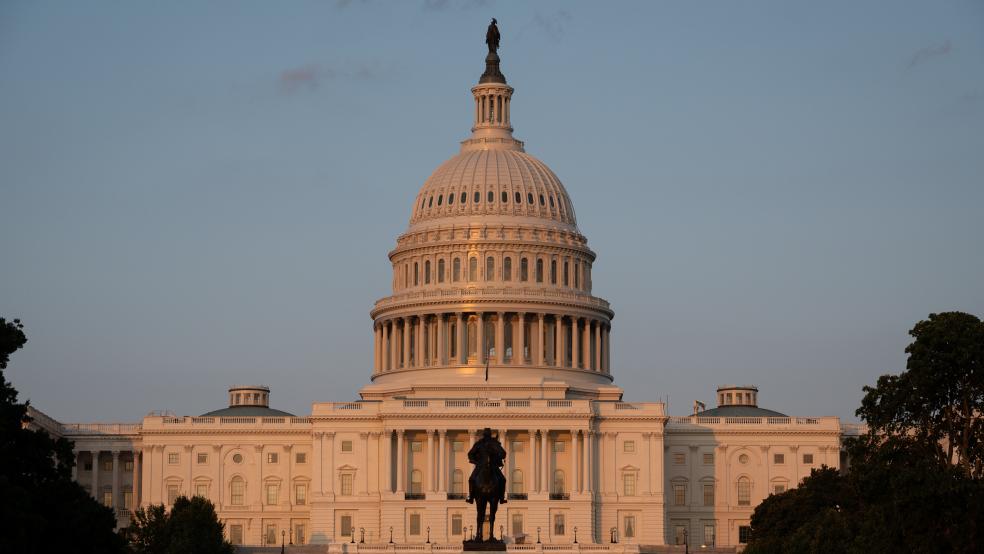The need to provide tens of billions of dollars in Hurricane Ian relief money for Florida will add to what was already going to be a busy post-election lame duck session of Congress, which will include a December 16 deadline to fund the government and avoid a partial shutdown.
“Thanks to hurricane relief, government spending and more, this year’s lame duck is shaping up as Congress’ busiest and most intense since the bipartisan ‘fiscal cliff’ deal inked 10 years ago after a session that stretched through the caroling season,” Politico’s Sarah Ferris, Burgess Everett and Caitlin Emma write. “There’s the funding deadline on Dec. 16 and the annual must-pass defense bill, which will suck up lots of oxygen. Congress delayed several other tough issues, from same-sex marriage to energy permitting to preventing another Jan. 6 riot, into the post-election session. And hanging over it all is the closely contested midterms.”
The Politico team notes that FEMA has enough money to cover immediate needs for Florida, meaning there’s less time pressure to pass a supplemental funding bill — but that hurricane aid, and a host of other measures, could be packaged with the must-pass bill to fund the federal government after December 16.
Among the other legislative priorities that could be bundled with the spending bill: Covid and monkeypox aid, a renewal of the Democrats’ enhanced Child Tax Credit that expired last year and a tax break for businesses’ research expenses. Oh, and then there’s the government’s debt limit, which will need to be raised within months and could be the subject of a risky partisan showdown if Republicans control the House in 2023.
The must-pass government funding legislation could also be the subject of some political maneuvering depending on the election results. “[I]f Republicans do wrest back control of the House, there’s growing chatter among some conservatives about derailing that bill until after New Year’s to maximize their leverage,” Politico reports.
A sequester scuffle? Roll Call’s Paul M. Zrawzak points to another wrinkle in the potential budget drama during the lame duck session: A 2010 budgeting law could result in more than $100 billion in automatic spending cuts if lawmakers don’t step in to prevent those “sequester” cuts as they have done repeatedly in previous years. “At stake are as much as $37 billion in cuts to Medicare payments next year, on top of other scheduled cuts to health care providers that have hospital and physician groups up in arms,” Krawzak writes. “Other at-risk funds include $12 billion in payments to the military retirement fund for veterans who also receive disability benefits, $11 billion for farm price supports and much more, according to analysts at Piper Sandler, an investment bank.”
Blocking those automatic cuts requires 60 votes in the Senate, and it’s not clear yet — and may not be clear until after the elections —what kind of pressure Republicans will face to avert the blunt spending cuts. The Piper Sandler analysts reportedly told clients recently that lawmakers aren’t likely to be in a compromising mood for the lame duck session, but that a delay in the sequester cuts of a few months to a year may be the most likely outcome.
Read more at Roll Call or Politico about what may or may not happen during the lame duck session.





